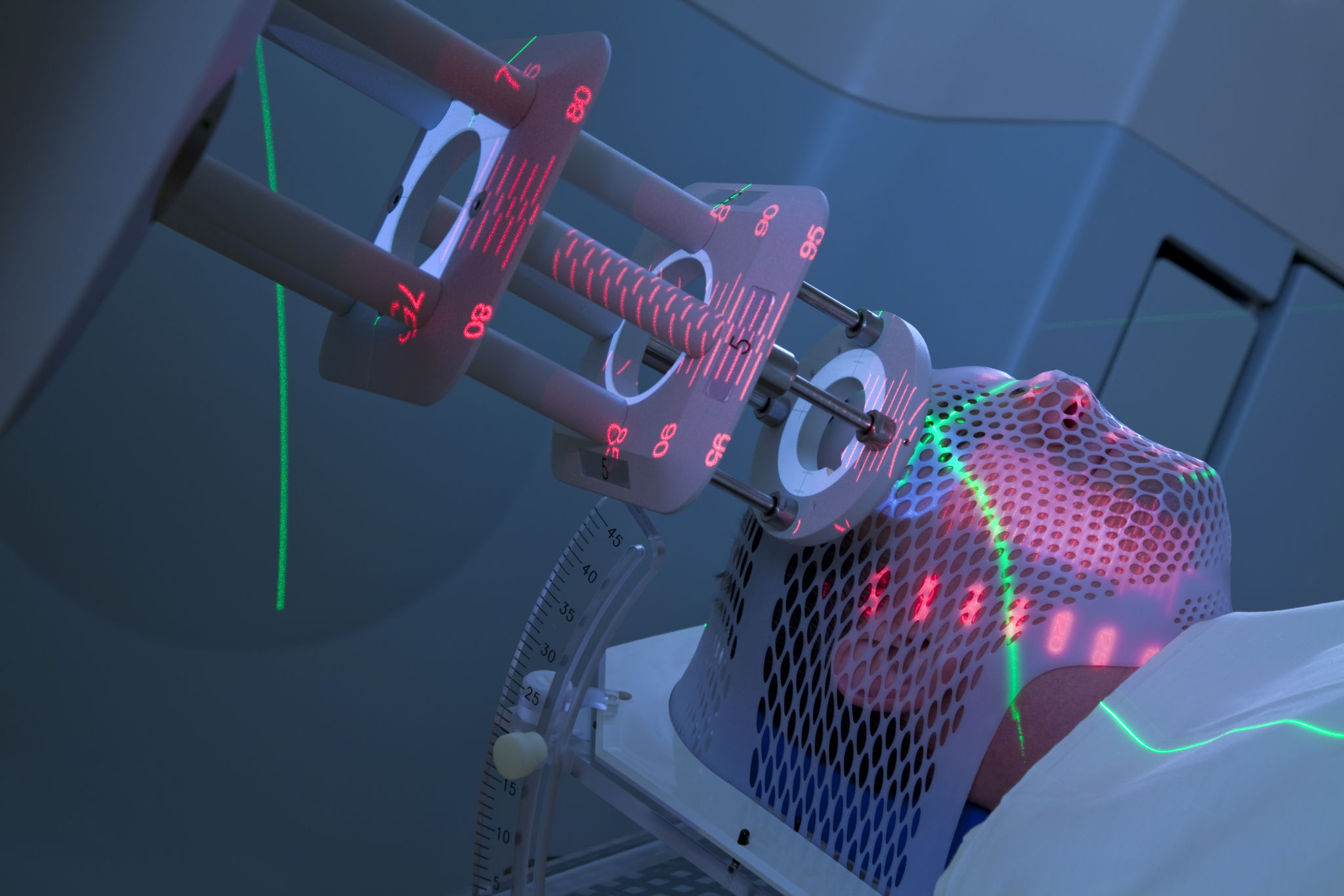Streamlining Your Practice: The Role of Electronic Health Records Management
Understanding Electronic Health Records (EHR)
Electronic Health Records (EHR) have revolutionized the way healthcare providers manage patient information. By digitizing health records, EHR systems offer a more efficient, secure, and accessible way to handle patient data compared to traditional paper records. The integration of EHR into medical practices not only enhances the quality of patient care but also significantly streamlines administrative processes.
From patient history to treatment plans, EHR systems provide a comprehensive view of a patient's medical journey. This facilitates better decision-making and coordination among healthcare professionals, ultimately improving patient outcomes. As the healthcare industry continues to evolve, adopting EHR is no longer optional but essential for modern medical practices.

Key Benefits of EHR Management
The adoption of EHR systems offers numerous benefits that extend beyond merely storing patient information. One of the primary advantages is improved efficiency. With EHR, healthcare providers can quickly access and update patient records, reducing the time spent on paperwork and allowing more focus on patient care.
Additionally, EHR systems enhance data accuracy and reduce the risk of errors. Automated features minimize the chances of misinterpretation of handwritten notes and ensure that critical information is consistently updated. This accuracy is crucial for effective diagnosis and treatment.

EHR systems also improve communication among healthcare providers. Since records are centralized and accessible from multiple locations, different specialists can collaborate more effectively on a patient's treatment plan, leading to more coordinated and comprehensive care.
Streamlining Administrative Tasks
One of the most significant impacts of EHR management is on administrative efficiency. By automating routine tasks such as appointment scheduling, billing, and insurance claims processing, EHR systems help reduce administrative burdens. This automation not only saves time but also decreases operational costs associated with manual processing.
Furthermore, EHR systems facilitate compliance with healthcare regulations by ensuring that all necessary documentation is accurately maintained and easily retrievable. This compliance is vital for avoiding legal issues and maintaining accreditation with healthcare authorities.

Enhancing Patient Engagement
EHR systems play a crucial role in enhancing patient engagement by providing patients access to their own health records through patient portals. This transparency empowers patients to take a more active role in their healthcare, leading to better health outcomes. Patients can review their medical history, track their progress, and communicate with their healthcare providers more efficiently.
This increased engagement also encourages patients to adhere to treatment plans and attend regular check-ups, as they can easily see the impact of their actions on their health.
Overcoming Challenges in EHR Implementation
Despite the numerous advantages, implementing EHR systems can present challenges. These include the initial cost of installation, ongoing maintenance expenses, and the need for staff training. However, many healthcare practices find that the long-term benefits far outweigh these initial hurdles.
To ensure successful implementation, it is crucial for practices to choose an EHR system that aligns with their specific needs. Involving all stakeholders in the selection process can help achieve buy-in and smooth the transition to a digital system.

The Future of EHR in Healthcare
As technology advances, EHR systems are expected to become even more integrated into healthcare delivery. Innovations such as artificial intelligence and machine learning are poised to further enhance EHR functionalities by providing predictive analytics, thus supporting proactive patient care.
The future of EHR holds promise for not only improving efficiency and patient outcomes but also transforming how healthcare is delivered globally. As these systems continue to evolve, staying abreast of new developments will be crucial for healthcare providers seeking to maintain a competitive edge.
In conclusion, electronic health records management is an indispensable tool for modernizing healthcare practices. By streamlining processes, enhancing patient care, and improving administrative efficiency, EHR systems play a pivotal role in shaping the future of healthcare.
